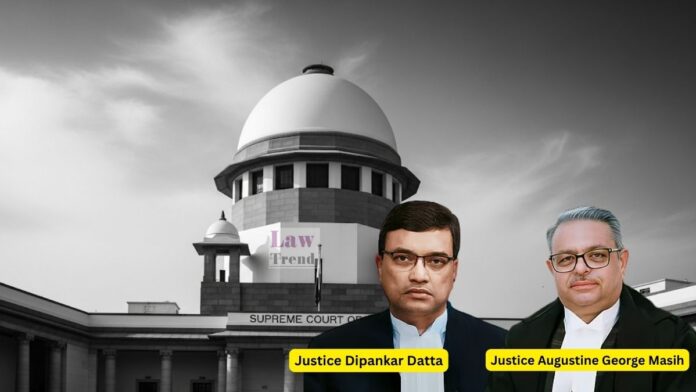The Supreme Court of India, in a judgment dated November 4, 2025, has held that an “approved scheme” for a notified intra-State route under Chapter VI of the Motor Vehicles Act, 1988, overrides the provisions of an inter-State reciprocal transport (IS-RT) agreement made under Section 88 (Chapter V) of the same Act. A bench of
To Read More Please Subscribe to VIP Membership for Unlimited Access to All the Articles, Download Available Copies of Judgments/Order, Acess to Central/State Bare Acts, Advertisement Free Content, Access to More than 4000 Legal Drafts( Readymade Editable Formats of Suits, Petitions, Writs, Legal Notices, Divorce Petitions, 138 Notices, Bail Applications etc.) in Hindi and English.




